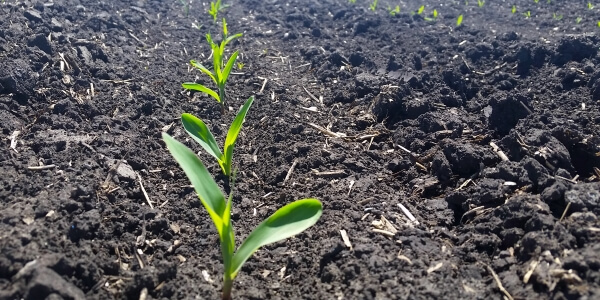There’s been a lot of excitement about the potential of biological nitrogen fixation for corn and other crops that don’t fix nitrogen themselves for both economic and environmental reasons, but a North Dakota State University soil scientist says farmers and agronomists need to ask some important questions before counting on the addition of microbes to provide nitrogen to growing crops.
Dave Franzen was one of several university researchers who published a research paper in 2023 that garnered attention for finding that some of the leading commercially available nitrogen fixation products did not work as advertised in tests conducted in 10 Midwestern states.
“The frequency of what farmers would call success in terms of yield benefits when using the product versus just using nitrogen rates was very low,” he explains in this Corn School episode recorded after a presentation at the 2024 CropConnect Conference in Winnipeg, Manitoba.
He says there are four main problems that farmers, agronomists and companies interested in selling N-fixed products need to solve.
- Are there any tests or methods to check if an organism is alive and able to perform its intended role?
- Does your supply chain support the survival of living things?
- Can they survive in the soil? In other words, will the microbe compete with the microbial population that exists around the roots of the crop?
- Is the organism adapted to wide variations in the field or region?
Franzen believes farmers should remain curious about the potential of biologics.
“I don’t think this problem is going to go away. I think people should pay attention to some of the limitations in the supply chain, in the testing field, in the competitiveness of organisms. Over the last 20 or 30 years, microbiology and “Biotechnology has come a long way, so I think we can answer these questions if we’re willing to do so,” he says.
To hear more from Dave Franzen about the potential of N-fixing products, watch the episode below.
subscribe: Apple Podcasts | spotify | | All Podcasts







